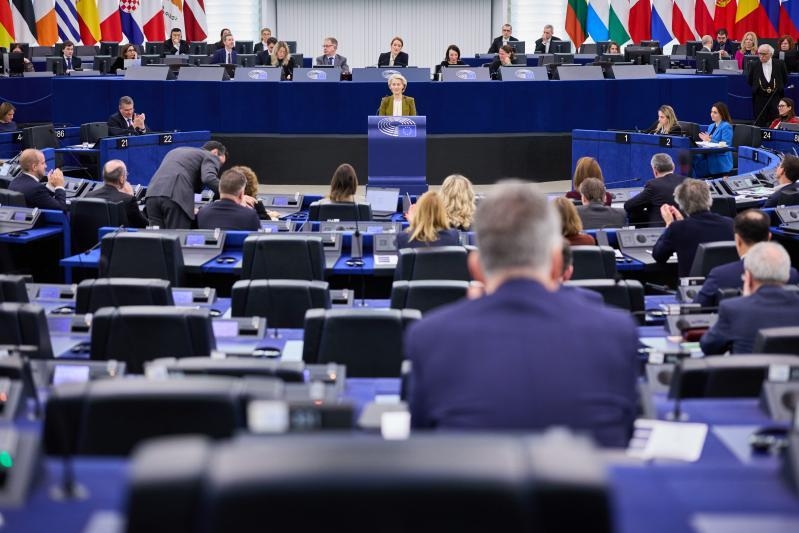
Joint letter – ICC reform and expansion risks diverting ETS Revenues from real climate action
In light of the European Commission’s ongoing considerations to amend the ETS State Aid Guidelines, revising the rules for Indirec...
News

Publish date: October 8, 2024
News
As competitiveness takes centre stage in the political debate, decarbonising the European Union (EU)’s economy represents an opportunity to boost the development of clean technologies and solutions, making the EU a champion of clean manufacturing.
While the EU is facing an enormous investment gap to reach the climate objectives set by the Green Deal, EU ETS revenues represent a huge opportunity to fill this gap. These revenues have been misallocated in the past and its crucial for Member States and EU Institutions to ensure the effectiveness of their use.
The Draghi report, which will influence the work of the next Commission, identifies the problem and suggests an earmark of ETS revenues to decarbonise heavy industries. While this recommendation is important, it needs to be further developed to make this earmarking impactful from a climate perspective.
Ahead of today’s ECOFIN meeting, on October 8th, 2024, the signatories call for Ministers of Finance of Member States and the European Commission to effectively allocate all EU ETS revenues to climate action, supporting a credible decarbonisation pathway and building a competitive clean industry in Europe. The signatories note the absence of the EU ETS issue on today’s agenda, despite the European Ministers seeking to present the EU as a climate leader at COP29. All ETS revenues must be spent on effective climate action for the EU to be taken seriously on the international stage.
«While it is crucial for Member States to spend all ETS revenues on climate action, not all decarbonisation solutions are equally effective. These revenues should be spent where there is a clear benefit to climate and people, bearing in mind its timeliness and the impacts on the broader system.»

Francesco Lombardi Stocchetti
Policy Advisor, Sustainable Finance & Economy
«We can’t afford to waste ETS revenues by disincentivising industry from investing in clean tech solutions. Instead of allocating up to 25% towards continuing de-facto fossil fuel subsidies for old industries, we strongly believe ETS revenues should be directed towards crowding-in private investments to scale new climate technologies! The good news: Member States have the discretion to allocate 25% of these revenues for achieving net zero at lower cost for all!”»
Tobias Lechtenfeld, Executive Director
Executive Director at Tech for Net Zero
«Member States must ensure transparent reporting of ETS revenues, earmarking funds for climate projects to allow proper scrutiny and accountability. It’s time to end the lack of clarity and ensure these funds drive real climate action.»
Adriana Rodríguez
Climate and Public Finance Analyst at Climate Strategy
The recommendations put forward in the letter can be implemented without changing current legislation and are key for strengthening both EU competitiveness and EU climate objectives.
See the joint letter here.

In light of the European Commission’s ongoing considerations to amend the ETS State Aid Guidelines, revising the rules for Indirec...

Together with six NGOs and five industry partners, Bellona Europa signed a joint letter on the RFNBO Delegated Act, reiterating that now is not the t...

“The Commission shall monitor the situation at Union level with a view to monitoring the impact of the CBAM on the Union i...

In this week of industrial discussions, first at the Antwerp Industry Summit on February 12th and then at the informal EU leaders’ mee...

Ahead of the European Commission’s Industrial Accelerator Act proposal on February 25th, Bellona has joined 40 organisations from across indust...
Get our latest news